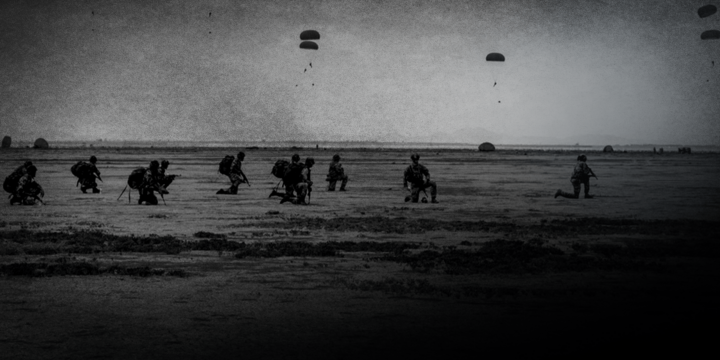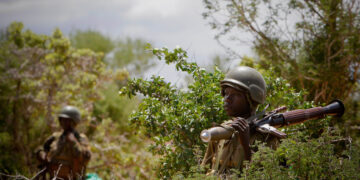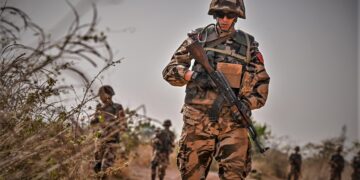October 1, 2023
To avoid another ‘Black Hawk Down’ incident, U.S. policy in West Africa has to change
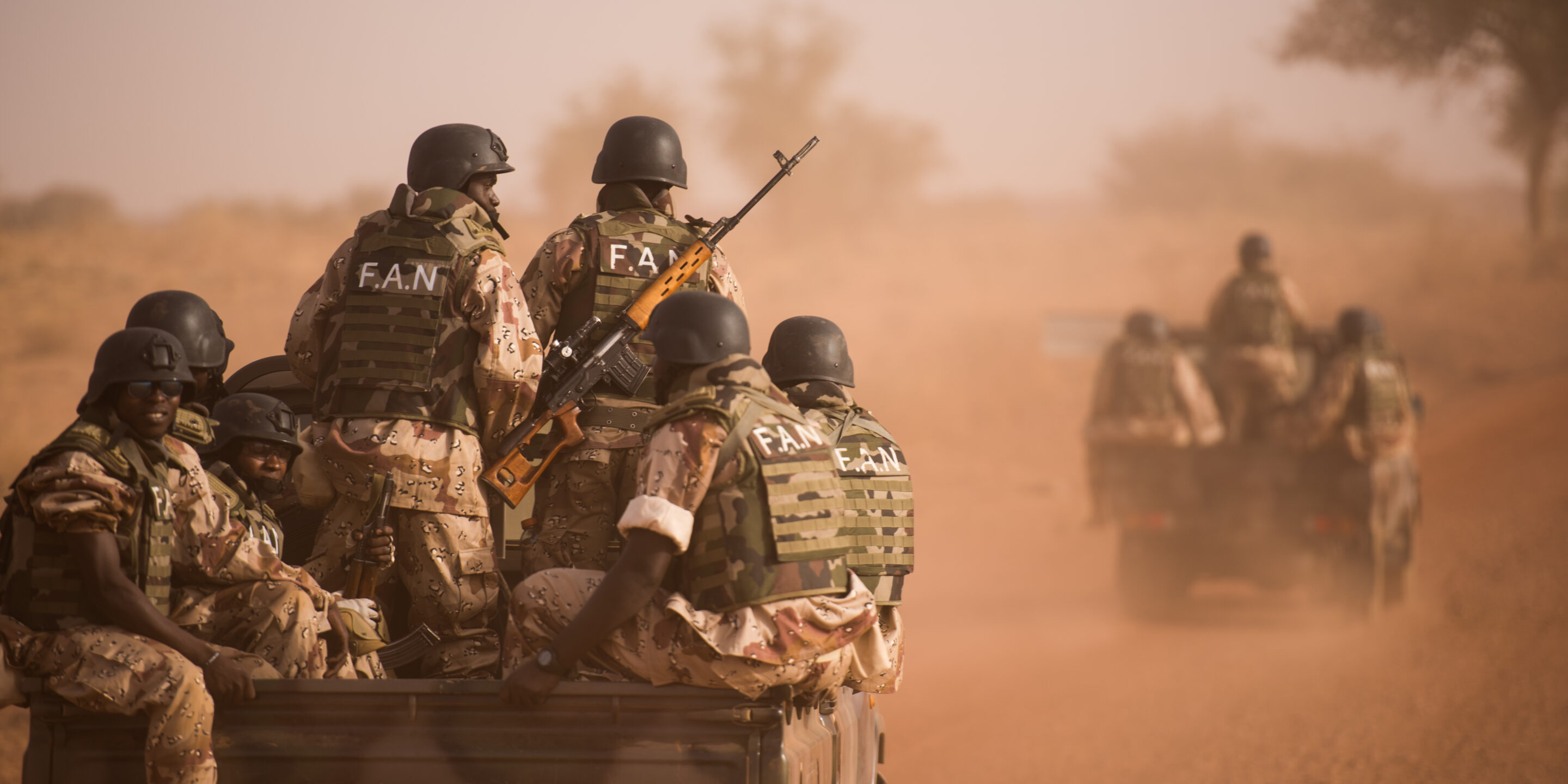
After a brief hiatus following the coup there in late July, the United States has resumed military operations in Niger. Drones and manned aircraft are back at work. U.S. defense officials hope full ground operations and training will resume at some point soon as well.
None of this is good news. Thirty years ago, 18 U.S. soldiers died and were dragged through the streets of Mogadishu in what’s known as the Black Hawk Down incident. Especially with France now pulling all forces out of Niger, the unsettling possibility of that happening again runs high today if U.S. troops remain in West Africa. Anti-Western sentiment and violence are on the rise in the region. U.S. troops will likely get caught in the crossfire, as in Somalia. It’s time for President Joe Biden and his administration to follow France’s lead and pull back U.S. forces from combat zones in West Africa.
The United States currently has about 1,100 U.S. soldiers in Niger. For nearly a decade, U.S. forces have been engaged in train, assist and advise missions to combat jihadist insurgencies. In reality, they are doing far more. Like Somalia three decades ago, U.S. commandos are in combat action across West Africa, making the potential loss of American lives “an occupational hazard,” a U.S. defense official said in 2021.
More on Africa
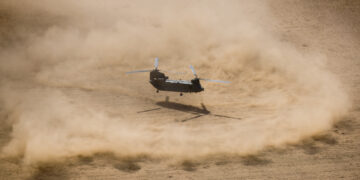
Featuring Jennifer Kavanagh and Benjamin Friedman
June 3, 2025
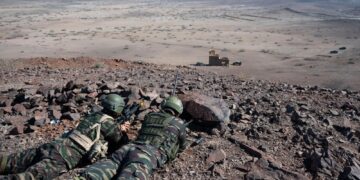
Featuring Mike Sweeney
March 20, 2025
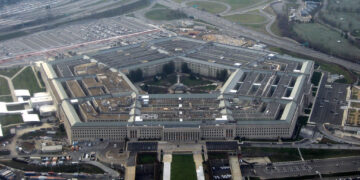
Featuring Benjamin Friedman
February 11, 2025

Featuring Daniel DePetris
November 6, 2024
Events on Africa
